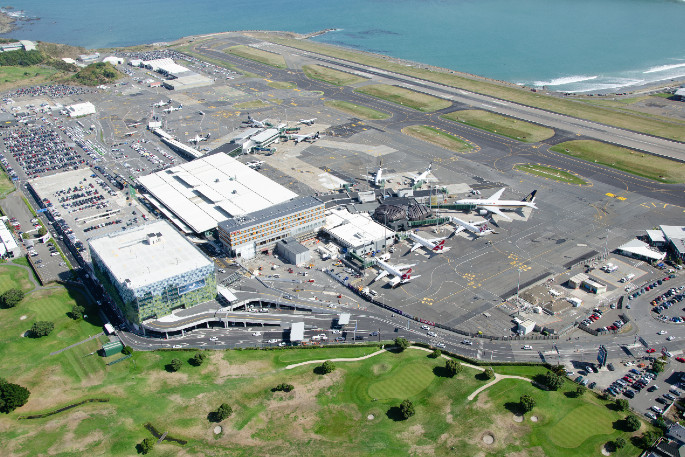This Content Is Only For Subscribers
Wellington Airport has announced its financial results for the 12 months to March 31, 2024, with passenger numbers recovering well and strong earnings ahead of both last year and pre-pandemic levels.
For the year ended March 31, 2024, the airport hosted 5.5 million passengers, an increase of almost 200,000 from the previous year and reaching 89 per cent of pre-COVID levels (financial year ended March 31, 2020). Growth was particularly strong for international travel with a 31 per cent increase in passengers from last year.
The after-tax result is a net loss of $28.8 million, impacted by the Government’s removal of tax depreciation on commercial buildings. This tax change has had a one-off impact on Wellington Airport alongside many other New Zealand businesses.
“We’ve seen strong revenue uplift across all parts of the business, resulting in an EBITDAF of $107.1 million,” says Wellington Airport chief executive Matt Clarke.
“This is a very positive result, up from last year’s $89.6 million and pre-COVID $103.9 million.
“This aligns with the global rebound in travel volumes and places Covid-19 firmly in the rear-view mirror.
“Over the lpst year we’ve invested $67.7 million in infrastructure, working closely with our airline partners to lay the groundwork for future growth to meet the needs of Wellington and the wider region.”
Other highlights from the Annual Review for 2023/24 include:
· All pre-COVID routes are now restored with the returned carriers operating at or above their pre-COVID levels of capacity.
· Qantas is now Wellington’s largest international airline, well ahead of any other airline by total seats and number of return flights operated. By the end of this year Qantas will be operating 40 per cent more seats than pre-COVID.
· Fiji Airways continues to be very popular with 81 per cent more seats flown than pre-COVID.
· Taxiway Bravo reconstruction complete and exciting projects commenced including construction of the new Airport Fire Station.
· Excellent progress on sustainability, including a hydrogen trial and being selected as homebase for Air New Zealand’s electric demonstrator aircraft service from 2026.
· On track for net zero emissions for their own direct operations by 2028, two years ahead of originally planned.



